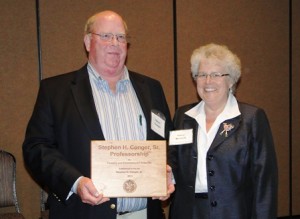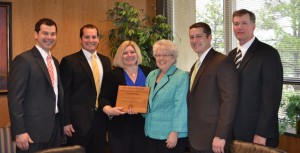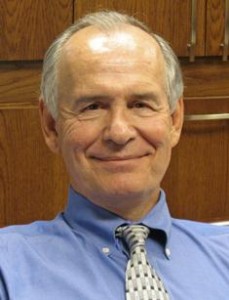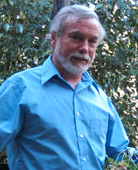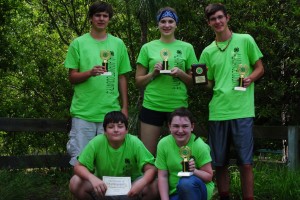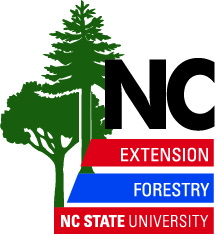The College of Natural Resources at North Carolina State University is honored to announce that Stephen H. Conger, Jr., Forestry ’78, has named the NC State Natural Resources Foundation, Inc. in his estate plans. When funded, the Stephen H. Conger, Sr. Professorship in Forestry will honor his father and extend the Conger family legacy in forestry.
Stephen Halsey Conger Sr. was a native of Augusta, Ga. and earned his forestry degree from the University of Georgia in 1949. His long career in the forestry industry began in 1949 with Coastal Lumber Company in Lake City, SC and retired as Vice-Chairman in Weldon, NC. Mr. Conger was a leader in the hardwood lumber industry and active in leadership roles for many related associations. Mr. Conger believed in service and did by actively engaging in his civic community, his church, and political affairs.
Support for this professorship will be directed to the person holding the Stephen H. Conger, Sr. Professorship in Forestry and will be appointed by the Dean of the NC State College of Natural Resources in accordance with the established procedures for granting endowed professional awards.
About the Department of Forestry and Environmental Resources
The Department of Forestry and Environmental Resources (FER) is part of the College of Natural Resources at North Carolina State University. It was founded in 1929 as the NC State’s School of Forest Resources and is one of the oldest and largest departments of its kind in the nation. Since its beginning, the department has grown steadily in scope and global reach to reflect evolving industry needs and environmental concerns.
Distinguished by a long history of innovation, an exceptional faculty, outstanding learning facilities, a commitment to research, a diverse extension and outreach program, and the ability to educate students in all sectors related to forestry and environmental resources, FER’s integrated approach to teaching, research and extension allows students to work side-by-side with academic and industry professionals on real-life challenges.
FER has graduated many prominent forestry and environmental policy makers, researchers, scientists, executives, practitioners, and academic leaders. Students have opportunities for many study abroad programs, internships, and research experiences. Over 4070 alumni live in all 50 US states and in 24 countries.


